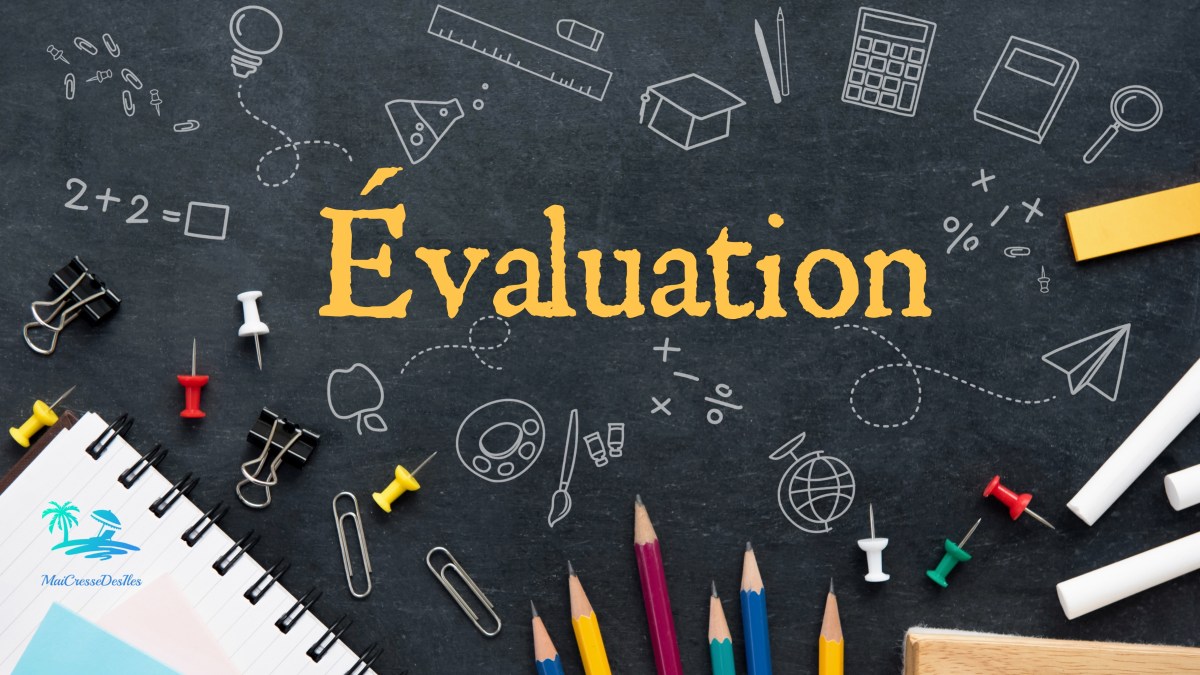
Assessment is an integral aspect of education, providing insights into students' learning and growth. In CBSE (Central Board of Secondary Education) schools across India, a multifaceted approach to assessment is employed to ensure a comprehensive understanding of each student's abilities. This article explores the various assessment methods utilized by CBSE schools and their significance in shaping a student's educational journey.
CBSE introduced Continuous and Comprehensive Evaluation (CCE) to shift the focus from rote learning to holistic development. CCE emphasizes regular assessments throughout the academic year, comprising formative and summative assessments. Formative assessments, including quizzes, projects, and class participation, help teachers gauge a student's progress. Summative assessments, typically in the form of examinations, evaluate learning at the end of a specific period.
CBSE incorporates both internal and external assessments to provide a well-rounded evaluation. Internal assessments consider a student's performance within the school, while external assessments, like board examinations, are conducted externally. This dual assessment system ensures objectivity and fairness.
Formative assessment is a dynamic process involving various techniques such as quizzes, presentations, group discussions, and projects. Teachers use these assessments to provide immediate feedback to students, identifying areas of improvement and adjusting teaching strategies accordingly. Formative assessments foster active learning and engagement.
Summative assessments are typically end-of-term or end-of-year examinations. CBSE conducts board examinations for classes X and XII. These assessments serve as a culmination of the academic year's learning, testing students' understanding and retention of subject matter.